Corrosion Prevention involves methods and techniques to protect metal components of sliding doors from rust and deterioration, especially in coastal environments where salt air accelerates oxidation processes.
Corrosion prevention in sliding doors provides a multitude of benefits that extend the lifespan and functionality of the doors, especially in challenging environments such as coastal areas with high salt content in the air. By implementing effective anti-corrosion strategies, homeowners and property managers can save significantly on maintenance and replacement costs, while preserving the aesthetic appeal of their property. Furthermore, preventing corrosion ensures the smooth operation of the doors, enhancing convenience and safety for users. Properly protected doors also contribute to the overall value of a property, adding to its appeal on the market.
Extends Lifespan: Protecting against corrosion significantly prolongs the life of sliding door components, reducing the need for frequent repairs or replacements.
Cost-Effective: Saves money in the long run by minimizing repair costs and preventing premature door part deterioration.
Enhances Performance: Ensures that doors operate smoothly without sticking or jamming, leading to a better user experience.
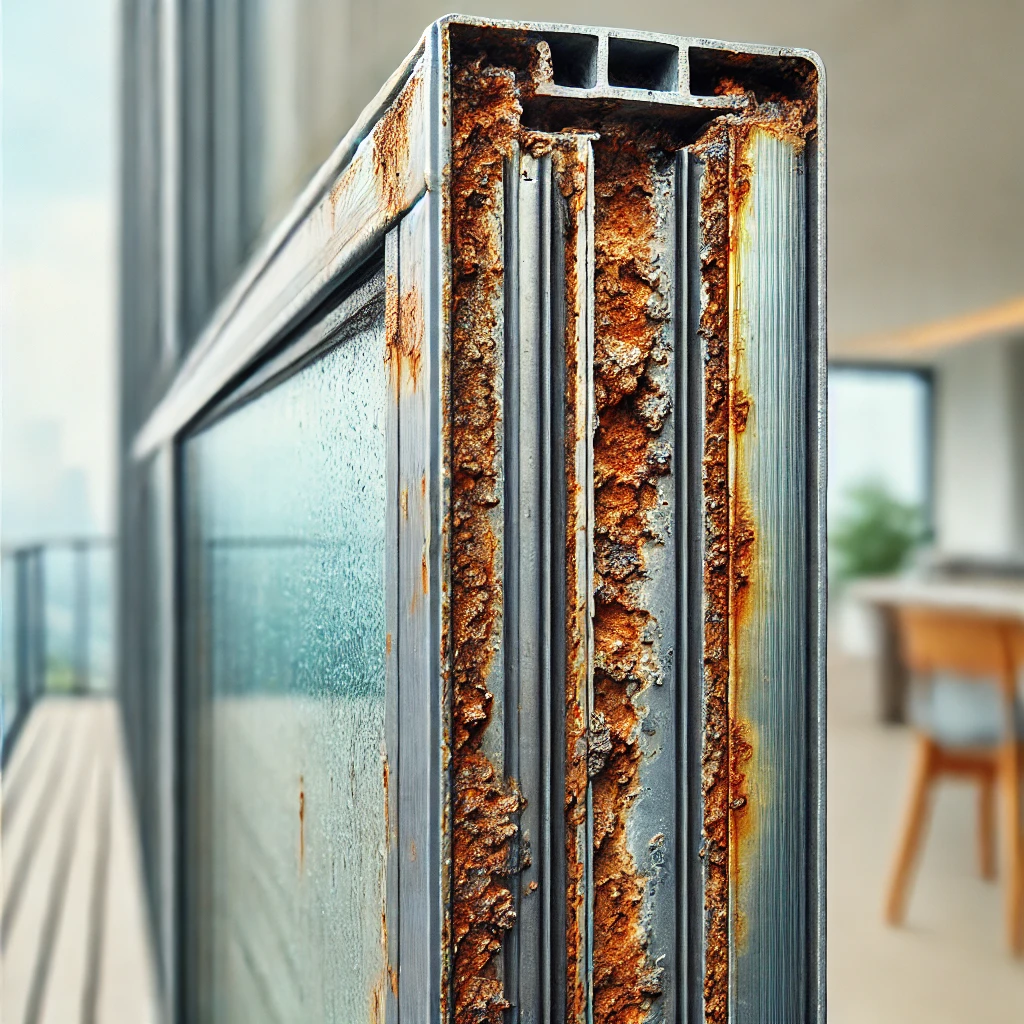
Provide the best service to customers
Expert tips for corrosion prevention focus on proper maintenance and using protective methods to keep sliding doors functioning optimally, particularly in environments prone to high levels of moisture and salt air. Regular inspections and timely interventions can dramatically reduce the risk of corrosion, ensuring long-term operation and appearance. Employing industry-approved protective coatings and treatments will safeguard metal parts from oxidation and rust. With consistent care and attention, you can maximize the life and performance of your doors, ultimately saving time and money.
In the realm of sliding door maintenance, corrosion prevention stands out as a critical practice that ensures longevity and optimal performance, particularly in environments where natural elements pose a threat. Examples of effective corrosion prevention techniques include the application of galvanization, protective coatings, and regular maintenance routines that protect against oxidation and rust. Coastal properties, in particular, benefit significantly from these preventive measures due to the high salt content in the air which accelerates metal deterioration. By adopting these strategies, property owners not only safeguard their investments but also enhance the aesthetic appeal and functionality of their sliding doors.
Do: Regularly inspect metal parts for signs of rust to catch issues early. Don't: Ignore minor rust spots as they can expand and cause severe damage.
Do: Apply a protective coating to metal surfaces for added protection from elements. Don't: Use improper or abrasive cleaners that may damage the protective layer.
Do: Use stainless steel or galvanized metals especially if near coastal areas. Don't: Opt for untreated materials in salty environments as they rust quickly.
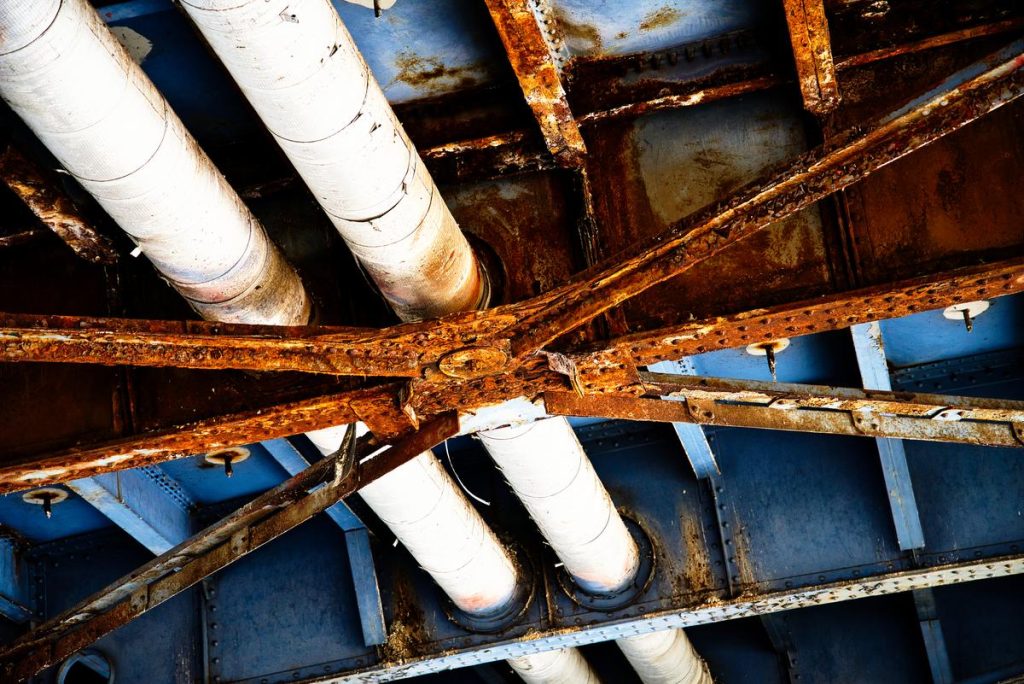
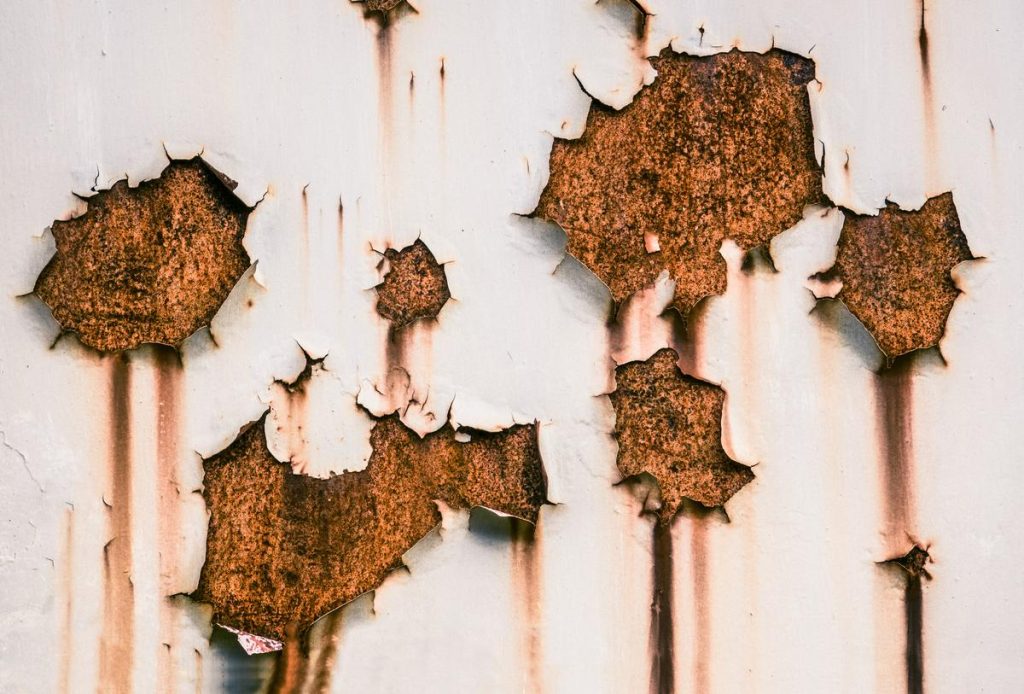

Corrosion prevention is an essential aspect of maintaining sliding doors, yet many people inadvertently make common mistakes that compromise effectiveness. These errors can significantly impact the longevity and performance of the door, leading to costly repairs and replacements that could have been avoided with proper care. From neglecting routine inspections to using incorrect cleaning materials, these blunders can hasten corrosion and negate protective measures. Understanding and avoiding these pitfalls will ensure your sliding doors remain functional and aesthetically pleasing, safeguarding your investment for the long term.
Ignoring early rust signs leads to an average 40% increase in repair costs.
Using abrasive cleaners decreases protective coating effectiveness by approximately 50%.
Skipping maintenance checks results in a 30% faster deterioration rate of metal components.

Founder
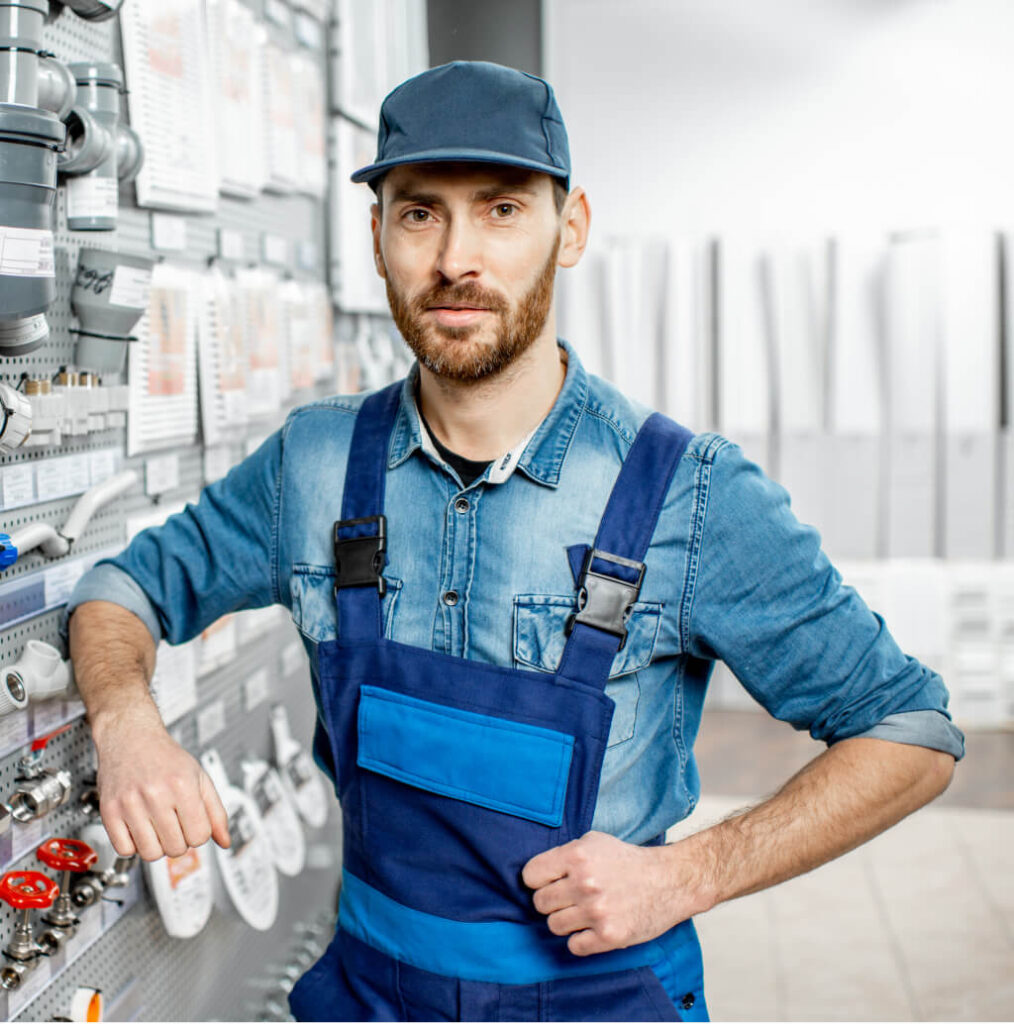
Technician
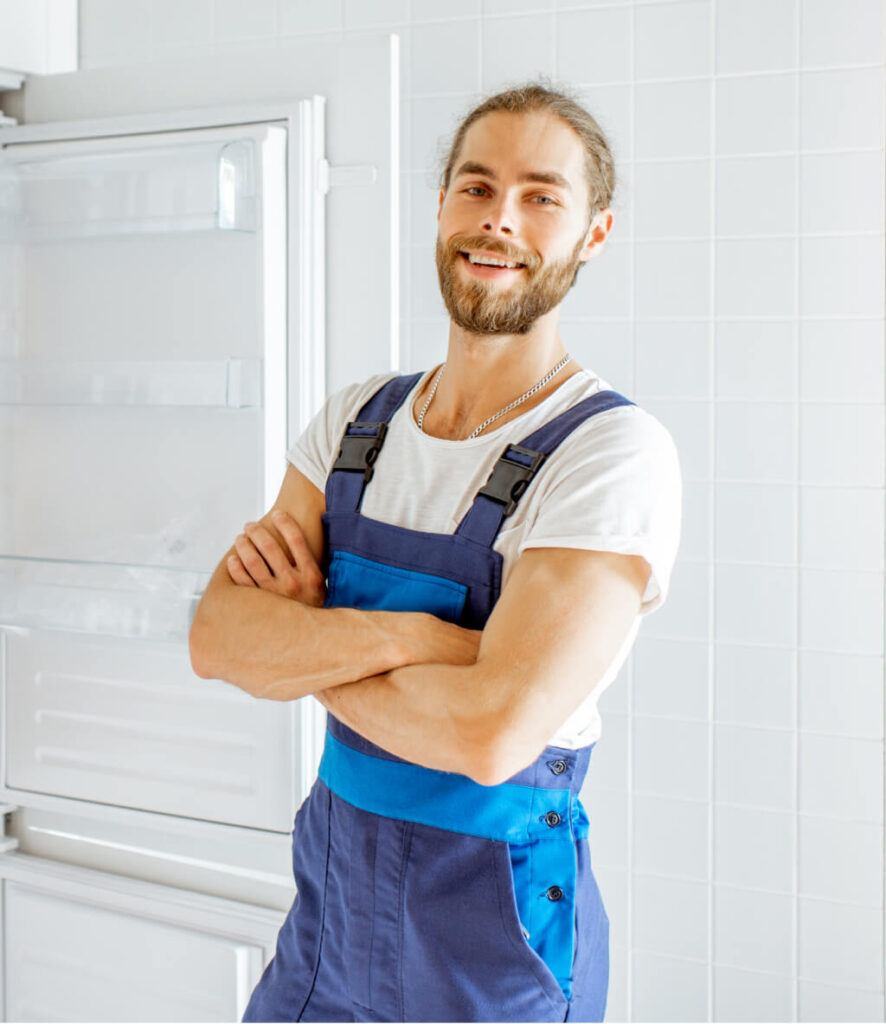
Technician
If you have a question that is not listed here – please don hesitate and send us an email!
In conclusion, corrosion prevention is a vital aspect of maintaining the integrity and functionality of sliding doors, especially in coastal areas where salt air accelerates oxidation. By applying methods such as galvanization and protective coatings, you can effectively guard against door rust and prolong the lifespan of essential metal components. Regular maintenance and vigilant inspections are crucial in identifying potential corrosion issues early, thereby avoiding costly repairs and replacements. These proactive measures not only preserve the aesthetic appeal of your property but also ensure the smooth operation of your doors, enhancing everyday convenience and safety. For those seeking expert guidance and services to keep their sliding doors in optimal condition, consider reaching out to Sliding Door Medics for professional assistance tailored to your needs.
Discover the top 7 mistakes in sliding door alignment and learn expert tips to ensure smooth operation. Avoid costly repairs with our comprehensive guide.
Understand the process of patio door replacement, get informed about the factors affecting its duration such as door type, size, location and expertise required. Learn how to prepare for a smooth and efficient replacement process and aftercare tips.
Find easy steps to fix your sliding patio door in this DIY guide. From examining the door, adjusting rollers, tackling the frame, and tightening your hardware to sealing it properly, get all your queries answered here.
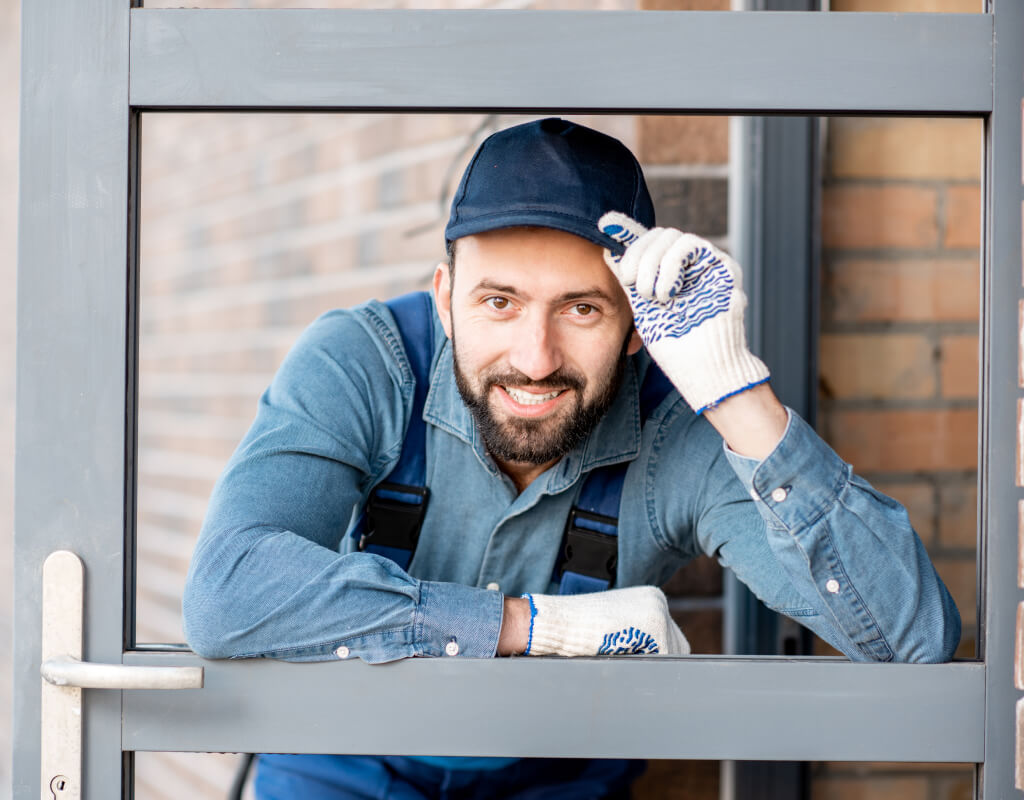
Contact us and schedule your FREE in-house estimation!